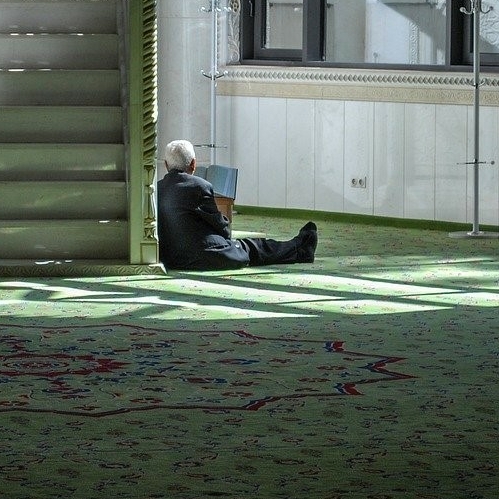How does the one determine whether they are excused if the excuse lasts the entire prayer time?
Hanafi Fiqh
Answered by Shaykh Yusuf Weltch
Question
How does the one determine whether they are excused in light of the criteria of the excuse lasting the entire prayer time?
Answer
In the Name of Allah, the Most Merciful and Compassionate
The specific rulings related to chronic excuses can be found here.
Praying When Not Legally Excused
If you do not fit the criteria explain in the above link, follow these guidelines:
1) If you are reasonably sure that the excuse will occur if you were to perform ablution, wait. When you are reasonably sure you can perform a basic wudu without it being broken by the excuse, then perform the wudu.
You are not required to make multiple wudus in hopes that one will not break.
2) Seek out means to mitigate the difficulty of making wudu and praying. For example, you may find that you need a certain time period between using the restroom and performing the wudu.
3) Pray quickly but methodically. Perhaps by performing the prayer quickly, you are able to minimize the possibility of the excuse occuring before the prayer is performed.
4) Know that you are not required to constantly check whether something exited or not; likewise you are not required to act on any suspicions, rather only when you have reasonable surety.
Hope this helps
Allah knows best
[Shaykh] Yusuf Weltch
Checked and Approved by Shaykh Faraz Rabbani
Shaykh Yusuf Weltch is a teacher of Arabic, Islamic law, and spirituality. After accepting Islam in 2008, he then completed four years at the Darul Uloom seminary in New York, where he studied Arabic and the traditional sciences. He then traveled to Tarim, Yemen, where he stayed for three years studying in Dar Al-Mustafa under some of the greatest scholars of our time, including Habib Umar Bin Hafiz, Habib Kadhim al-Saqqaf, and Shaykh Umar al-Khatib. In Tarim, Shaykh Yusuf completed the memorization of the Qur’an and studied beliefs, legal methodology, hadith methodology, Qur’anic exegesis, Islamic history, and several texts on spirituality. He joined the SeekersGuidance faculty in the summer of 2019.
